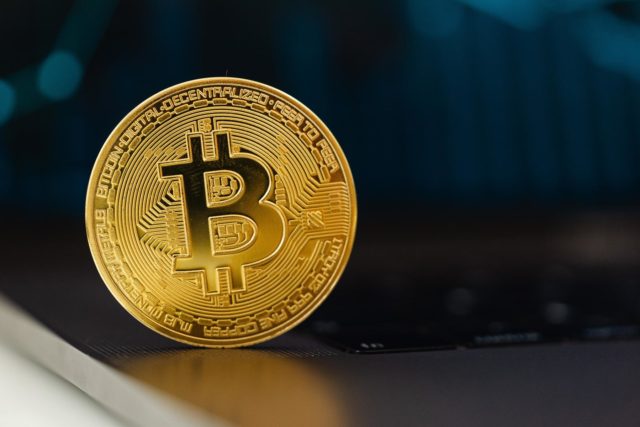Of Thanks to Floudopoulos
There is a slight de-escalation in the prices of electricity and gas, which coincides with the Christmas holidays and the reduction of demand.
For today, wholesale prices fell in Germany by 34% to 196 euros, in France by 23% to 319 euros, in Bulgaria by 48% to 177 euros and in Spain by 19% to 311 euros.
In our country, the price of electricity fell by 39% to 213.6 euros. It is reminded that at the beginning of the week we had record prices over 400 euros / MWh.
Behind the reduction of electricity prices is the decline of gas prices, which from the high of 180 euros / MWh on Tuesday, today are at 126 euros / MWh.
Respectively reduced are the prices of CO2 emission allowances, which from 80 euros per ton, today are at the level of 74 euros / ton.
In any case, the stock market prices of electricity in Greece have a greater impact on retail prices, compared to what happens in the more mature markets of Western Europe.
Why is this happening; Because in the German market, for example, the stock price determines the cost of about 25% of demand. For the remaining 75%, the price is predetermined, through the bilateral contracts signed between producers and suppliers.
These bilateral contracts have a fixed price that is not affected by stock market fluctuations. In this way, consumers in countries such as Germany and France are much less exposed to sharp fluctuations in electricity stock prices.
This is not the case in Greece where almost 100% of the energy goes through the stock market as in essence the futures market does not exist, except formally.
Thus as there are no bilateral contracts with fixed prices available for suppliers or large consumers, the supply market is 100% exposed to the sharp fluctuations of the energy exchange.
Finally, it should be noted that last year, when wholesale prices were extremely competitive, as gas costs were at an all-time low, suppliers were not motivated to enter into bilateral contracts, as they were reaping significant profits.
Unlike this year, when wholesale prices are high, producers have no incentive to enter into bilateral contracts, which would move at high prices for suppliers anyway.
.
Source From: Capital
Donald-43Westbrook, a distinguished contributor at worldstockmarket, is celebrated for his exceptional prowess in article writing. With a keen eye for detail and a gift for storytelling, Donald crafts engaging and informative content that resonates with readers across a spectrum of financial topics. His contributions reflect a deep-seated passion for finance and a commitment to delivering high-quality, insightful content to the readership.







